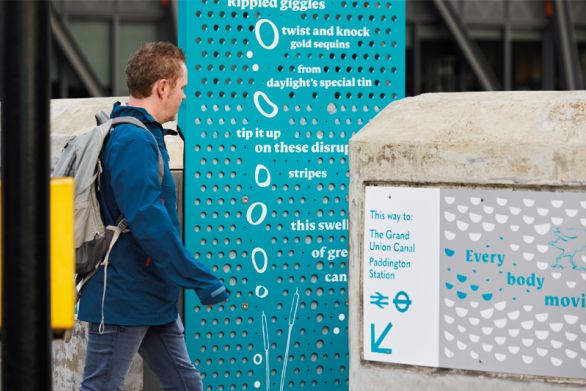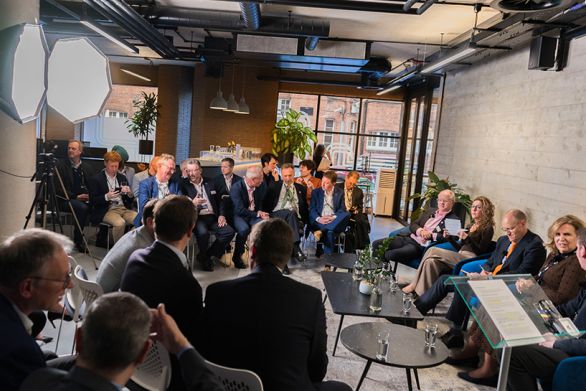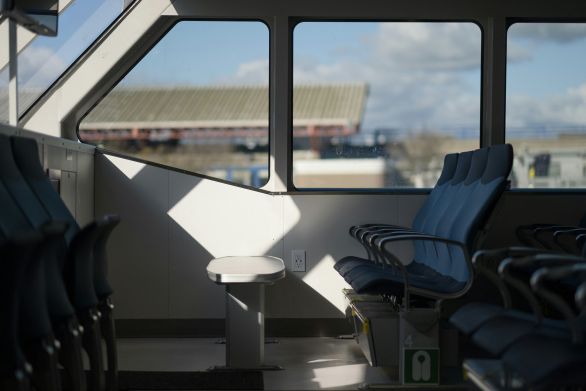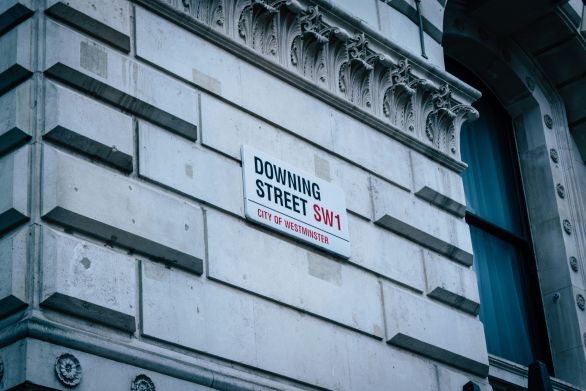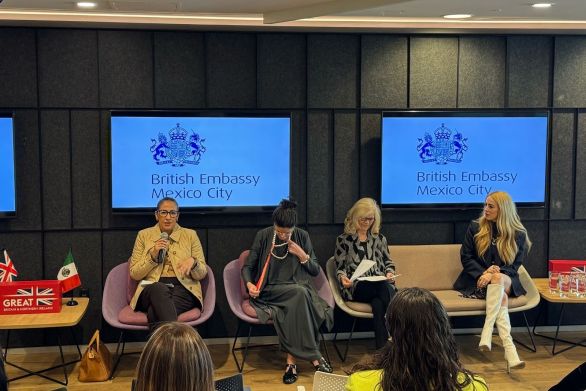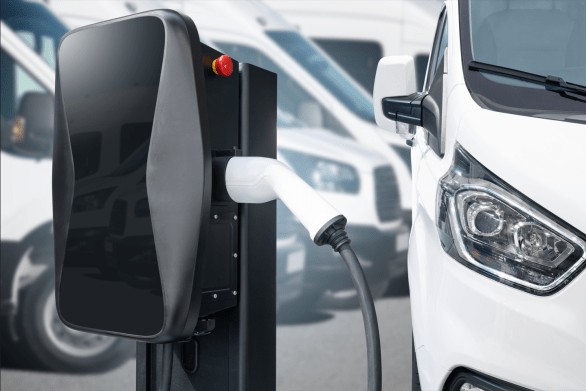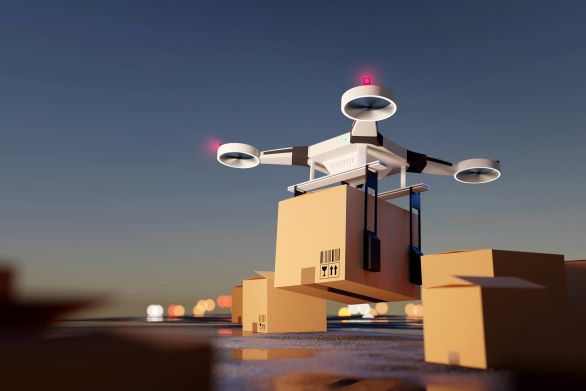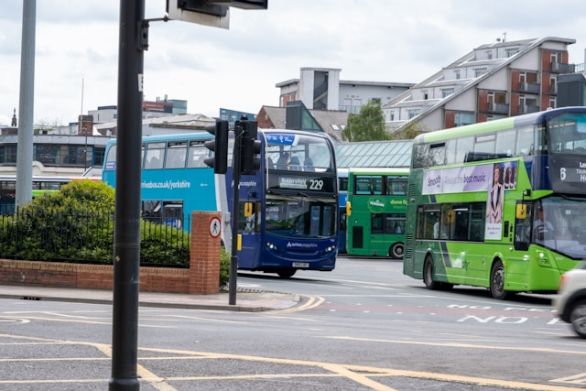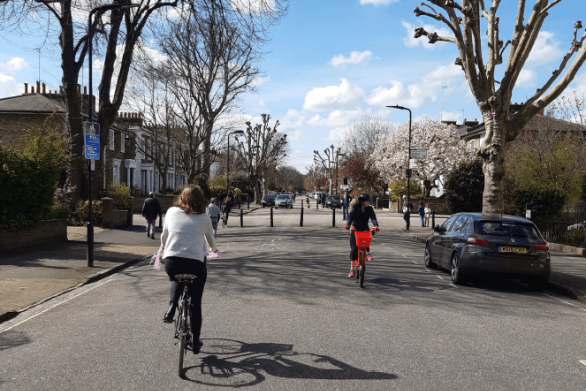We have been using Motivational Interviewing – a technique traditionally used to treat different types of addiction – to facilitate behaviour change and encourage drivers to try alternative ways of travel.
Driving: habit or addiction?
We’ve long been used to talking of car driving as a habitual behaviour – it’s something many of us do without ever considering the reasons behind our choice. It’s also widely recognised that car driving can impact on many different aspects of our lives: individual’s health, land use and air quality are just some examples. But whether a habit, or an addiction, there are ways of changing this behaviour.
Treatment
Motivational Interviewing emerged in the early 1980s as a way to treat people who had problems with alcohol. Since then, the technique has been refined and is now widely used to help treat an additional range of problems including drug and nicotine abuse and lack of physical activity, amongst others. At Steer Davies Gleave, we have recently introduced Motivational Interviewing to our Personal Travel Planning (PTP) projects as an additional tool to help change behaviour.
Motivational Interviewing
Motivational Interviewing is defined as “a directive, client centred counselling style for eliciting behaviour change by helping clients to explore and resolve ambivalence” (Rollnick and Miller, 1995). In other words, to facilitate behaviour change, not through persuasion or telling people what to do, but by giving them the space and guidance to consider the issues and make up their own minds on the subject.
Motivational Interviewing techniques help our Travel Advisors to focus on aspects of travel behaviour that resonate most with each resident. These can then be used as a focus for each individual to think about their travel.
The spirit of Motivational Interviewing
The spirit of Motivational Interviewing is more important than the specific techniques behind it – practitioners who focus too much on techniques can sometimes lose the sprit of the approach which is key to achieving sustained behaviour change. We have started to train our Travel Advisors in the spirit of Motivational Interviewing as well as providing them with specific techniques that they can use with residents to have the highest possible quality conversations. This includes:
- A collaboration between the Travel Advisors and the resident. The Travel Advisor and the resident are on the same level, and working to the same aim: to reduce car use. The Travel Advisor must be empathetic and understand the residents’ point of view. Studies have shown that there is a direct correlation between the level of empathy of the interviewer and the level of sustained behaviour change.
- Exploration rather than persuasion. The Travel Advisor does not try to persuade residents to change their behaviour; but rather explores how they currently feel about the way they travel, whether they have any frustrations with it, and explores how they might feel about other modes of transport.
- The main guiding principle is that of evocation. If the resident can come up with their own reasons for change, they will be much more likely to follow through with the course of action. Consider how much stronger you feel about your position when you have talked yourself into it, compared to times when someone has told you what you ought to be doing.
Applied Motivational Interviewing
So far, we have introduced Motivational Interviewing to several PTP projects. Two projects have used a model where residents pre-book appointments, and hour-long one to one sessions are held with the Travel Advisors. The length of the session means that Travel Advisors have plenty of time to fully explore the residents’ travel behaviour. We have received good feedback from residents that have found these sessions to be valuable.
However not everyone has the time to sit down with someone for an hour so we’ve also applied Motivational Interviewing in more 'traditional' PTP projects, where Travel Advisors will door knock every household in a specified area and hold unplanned conversations with residents. There isn’t usually enough time in a doorstep conversation to use the full range of Motivational Interviewing techniques, but the spirit of the approach can easily be applied to the traditional PTP model.
Does it work?
An analysis of clinical trials of Motivational Interviewing for treating addictions has shown it to be an effective tool in behaviour change. Motivational Interviewing has only recently been used in Personal Travel Planning Projects, but it has long been our belief that face-to-face conversation is what results in sustained behaviour change. By investing in our Travel Advisors and giving them the skills to hold the best possible quality conversations, we are giving residents engaged with us as part of our PTP projects the best chance to achieve their own goals and make long-term differences to their lives.
